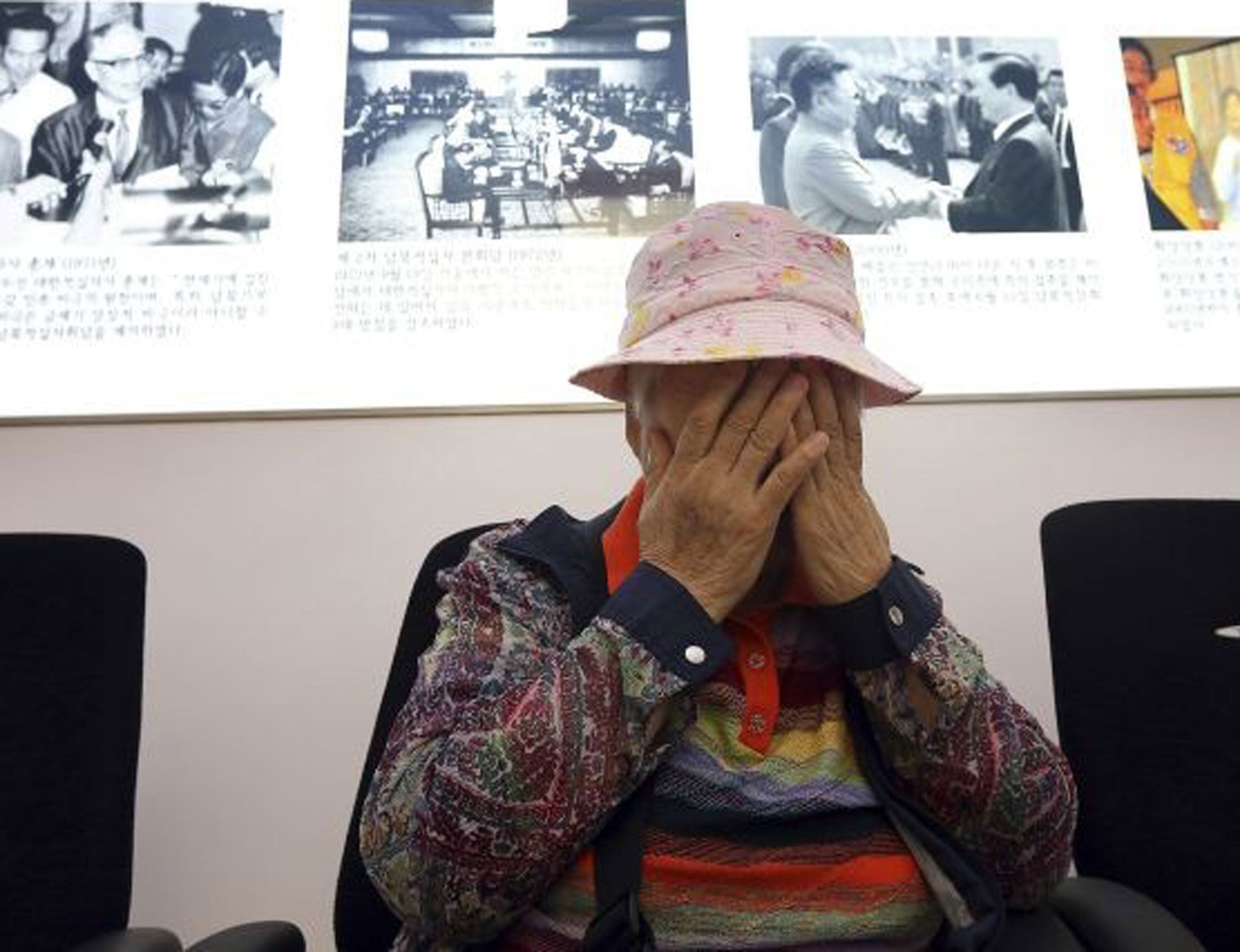North Korea cancels reunions for families separated by war with the South
Seoul criticises reclusive neighbour's 'inhumane behaviour'

North Korea "broke the hearts" of estranged families today when it cancelled reunions for relatives separated since the Korean War, South Korea has said.
The reunions, which would have been the first in nearly three years, were due to start on Wednesday in the Mount Kumgang resort, just north of the border between the two countries.
But the North indefinitely postponed the reunions, setting back months of efforts to improve ties.
A spokesman for South Korea's Unification Ministry said the decision was "very regrettable". Kim Eui-do went on: "North Korea should be criticised for its inhumane behaviour that broke the hearts of all families separated by the war and of all South Koreans in general."
The North's Committee for the Peaceful Reunification of Korea accused the South of poisoning dialogue, in a statement carried by the KCNA news agency. It said it could never tolerate Seoul misusing such dialogue to heighten conflicts.
A committee spokesman said: "The reunions of separated families and relatives between the North and the South will be postponed until there can be a normal atmosphere where dialogue and negotiations can be held."
Jang Choon, an 82-year-old South Korean who had been looking forward to meeting his surviving brother and sister from across the border and had bought them lots of presents, told Reuters: "I cannot describe how I feel now, what else I can do?
"But I will not give up the hope of meeting my brother and sister some day."
The last few years have seen North Korean nuclear tests, long-range rocket launches and attacks blamed on the North that killed 50 South Koreans in 2010.
Earlier this year the North Korean leader Kim Jong-un threatened nuclear war, and was greeted by a pledge of retaliation from the South.
The armistice which ended the 1950-53 war has never been replaced with a peace treaty, leaving the neighbours technically at war. The conflict left millions of families divided, with travel across the border all but impossible and nearly all forms of communication barred.
Join our commenting forum
Join thought-provoking conversations, follow other Independent readers and see their replies
Comments
Bookmark popover
Removed from bookmarks